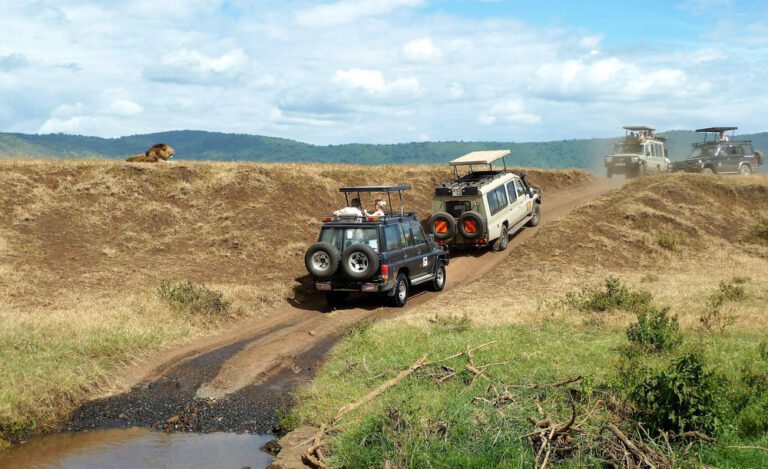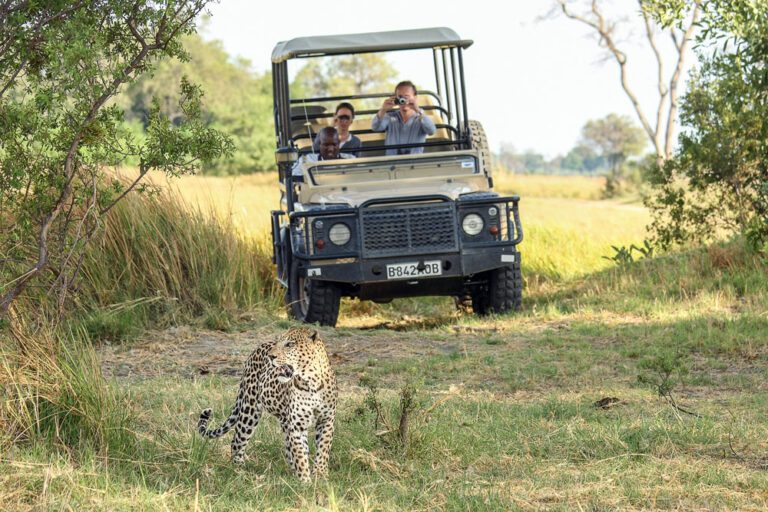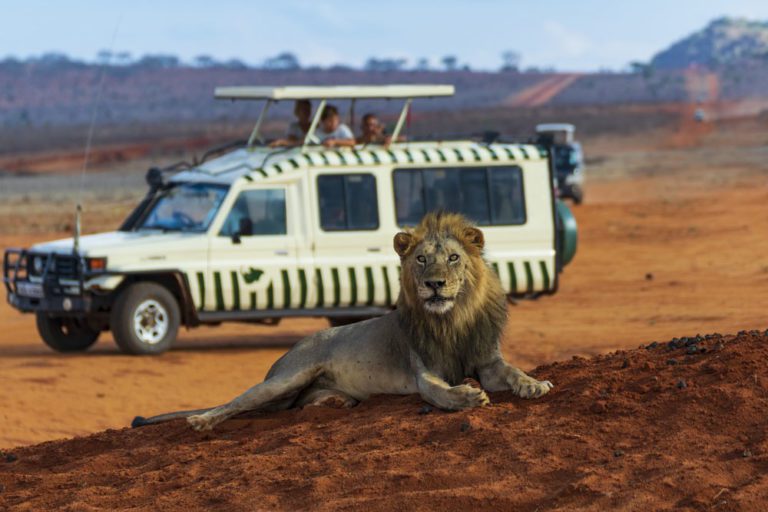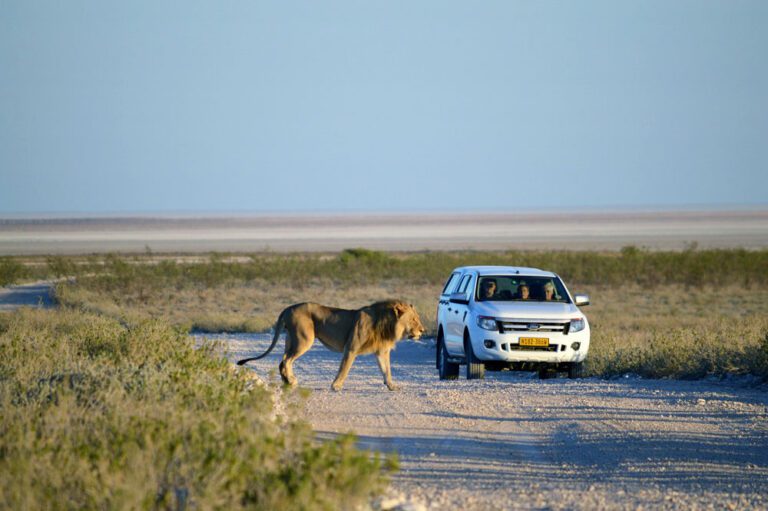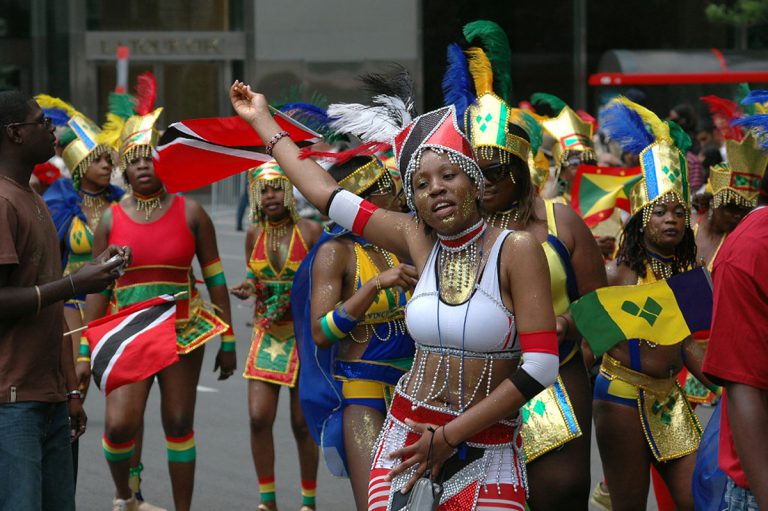7 Mistakes Tourists In Rwanda Make and How to Avoid Them
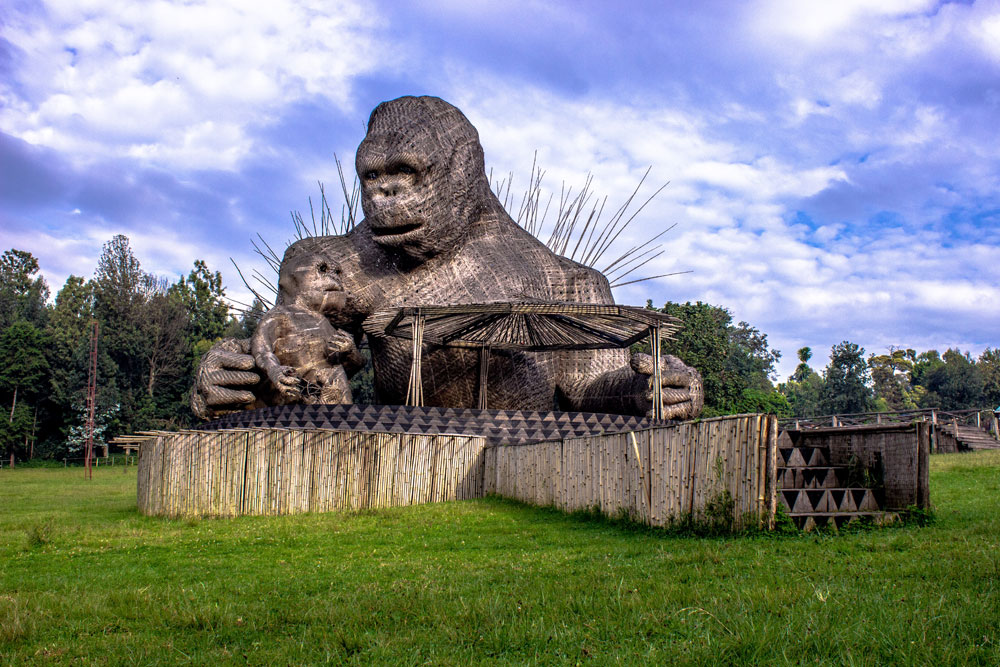
Nestled in the heart of Africa, Rwanda is a small but mighty country overflowing with natural beauty, poignant history, and some of the continent’s most welcoming people.
As tourism to Rwanda steadily increases each year, many first-time visitors are unaware of these 7 common mistakes made by tourists. Avoid these errors and your Rwandan vacation will be nothing short of spectacular.
Rwanda is about more than just mountain gorillas and genocide memorials. While these are indeed important, focusing solely on them means missing out on truly experiencing this magnificent country.
Chat with the locals, taste the flavorful cuisine, and indulge yourself in the culture. Doing so will open your eyes to Rwanda’s incredible resilience, forgiveness, and vibrant spirit for life.
Mistake #1: Only Focusing on Gorillas and Genocide
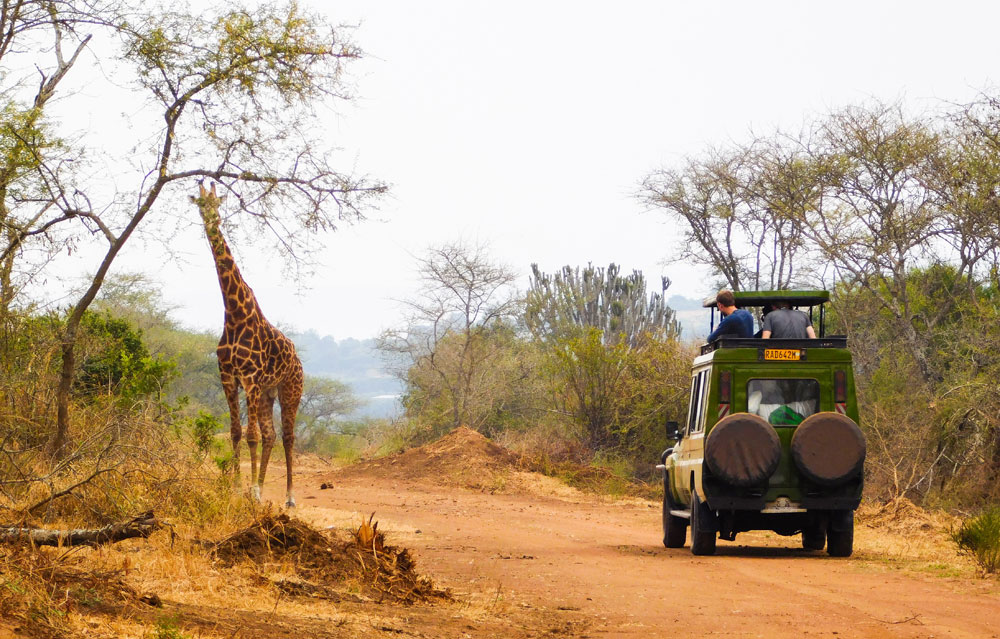
For many visitors, Rwanda conjures up images of mountain gorillas and reminders of the horrific 1994 genocide. Trekking to see endangered gorillas is undoubtedly a highlight. Learning about the genocide at sobering memorials and museums is also important to understand Rwanda’s past and path to healing.
However, gorilla tracking and genocide comprise only a snippet of what Rwanda has to offer. Mistake number one tourists make is hyper-focusing on these two aspects of Rwanda and nothing else. While you certainly want to include gorilla trekking and a genocide memorial visit on your itinerary, make time for much more.
Venture outside Volcanoes National Park and Kigali to experience Rwanda’s welcoming spirit, unique traditions, stunning natural landscapes, and locally-grown food. Get to know both the urban excitement of the capital and the rural tranquility of the countryside. What you discover will speak volumes about Rwanda’s culture, resilience, forgiveness, and vibrant life.
Mistake #2: Not Engaging with Local Staff
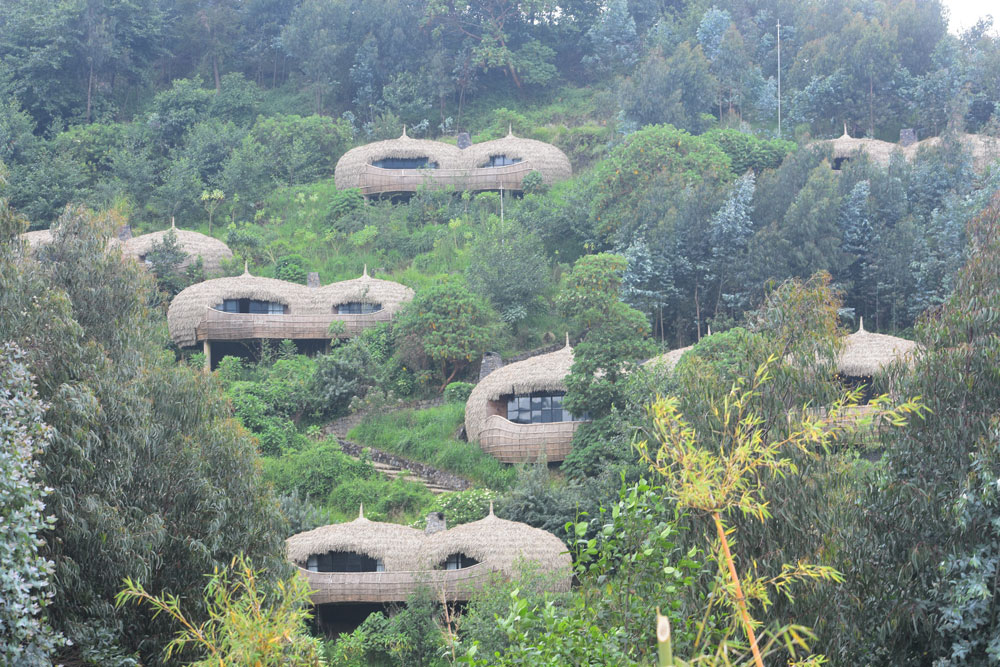
Many visitors choose to stay at luxury lodges and hotels during their time in Rwanda. With a private butler and beautifully appointed rooms, everything you could need is right at your fingertips. However, mistake number two is keeping your distance from the warm, friendly staff at these establishments.
Whether it’s your guide, bartender, waiter, or housekeeper, the locals you’ll interact with daily are open to conversation. They have excellent insight and interesting stories to share. Don’t just stick to curt pleasantries – take time to get to know the staff on a personal level.
Play a game of pickup soccer with your guide or learn about your server’s family over dinner allowing for rich cultural exchange. You may just find you form friendships spanning the globe.
Keep in mind a hello, smile, or kind word speaks volumes in Rwanda. Extend the effort to get to know the locals, and it will surely be reciprocated.
Mistake #3: Not Tipping Properly

Ask any seasoned Rwanda traveler, and they’ll confirm that the service you receive is exceptional across the board. From lodges to restaurants and guides, the staff are consummate professionals and go above and beyond daily. Tipping is not just a nice gesture – in Rwanda, it is an essential way to express gratitude for good service.
However, many visitors aren’t aware of tipping etiquette and norms in Rwanda. Mistake number three tourists make is failing to adequately tip the staff enhancing their stay. Make sure you budget for tipping, and follow these general guidelines:
At hotels, it’s easy to tip the full staff by placing cash in a provided tip box. Also, confirm upon checkout the charge doesn’t already include gratuity. Consistently expressing your appreciation through proper tipping is hugely important in Rwandan culture.
Mistake #4: Staying at Your Lodge the Whole Time
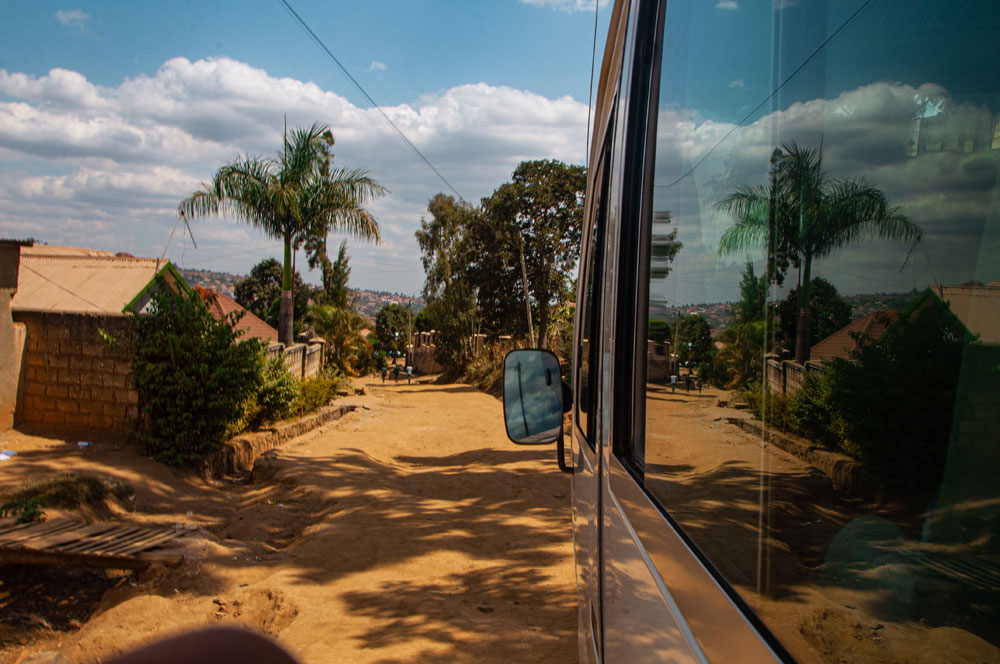
With cozy rooms, delicious food, and stellar service, it’s tempting not to stray far from your comfortable Rwandan lodge. Many visitors will simply stay put, only leaving for scheduled activities like gorilla treks or city tours. While lodges provide wonderful hospitality, mistake number four is remaining on-site your whole stay.
To immerse yourself in the culture, you must get out and explore Rwanda’s welcoming villages, markets, schools, and more. Both your guide and the locals you meet will be eager to proudly showcase their communities.
Visiting schools lets you connect with children, observing markets reveals important daily rituals, and sharing a meal in a family home offers insight into Rwandan life.
Don’t be shy – get out of your comfort zone! Rwandans are incredibly patient and enjoy exchanging stories with visitors. You’ll also find Rwanda to be remarkably safe for travelers, including women traveling alone. Taking the time to get off the beaten path will undoubtedly become a trip highlight.
Mistake #5: Assuming Rwanda is Unsafe
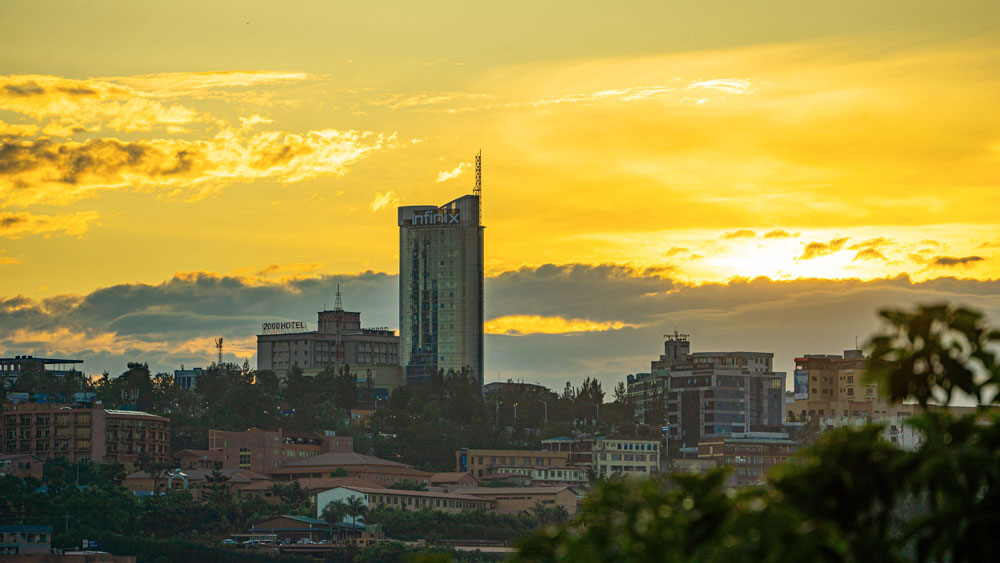
Speaking of safety, mistake number five tourists often make is assuming Rwanda is unsafe to explore. In reality, modern-day Rwanda is one of the safest countries in Africa, if not the world. The capital Kigali has earned the reputation of being the “cleanest and safest city in Africa.”
Unlike other major African cities, violent crime and theft are remarkably minimal. Both violent crime and petty theft are rare even for tourists unfamiliar with their surroundings.
It is absolutely safe for foreign visitors to walk around cities and towns alone during the day or night without concern. Some precautions are advised, but overall risks are extremely low.
The biggest safety risk is likely traffic accidents. You’ll want to be vigilant when crossing busy roads. Though drivers aren’t aggressive, Rwandan roads can be full of pedestrians, motorcycles, and vehicles jockeying for position.
Simply take care before stepping into the street. Otherwise, don’t let fear prevent you from freely exploring.
Mistake #6: Not Asking for Local Food

Rwandan cuisine highlights fresh regional ingredients like plantains, sweet potatoes, beans, rice, locally-raised meats, vegetables, and exotic fruits. The food also draws influence from traditions across East Africa for mouthwatering flavor combinations. However, mistake number six many visitors make is not asking to sample true Rwandan fare.
Most tourist-oriented restaurants and hotel menus consist of generic international dishes. While tasty, these Westernized meals don’t provide a real taste of Rwanda. Don’t shy away from kindly requesting traditional Rwandan food for a meal or two instead. The staff will be thrilled to showcase regional specialties.
With advanced notice, the chefs can source excellent local produce and meat to prepare authentic dishes like isombe (cassava leaves with peanut sauce), akabenz (cow intestines), and ubugari (sorghum and bean porridge). The experience will be both delicious and eye-opening to the diversity of ingredients and preparations across Rwanda.
Mistake #7: Not Visiting Rwanda

If Rwanda hasn’t made it onto your travel radar yet, mistake number seven is not putting it on your bucket list immediately. This captivating country consistently exceeds expectations with its wealth of natural beauty, poignant history, and vibrant culture. Tourism has flourished in recent decades for good reason – visitors consistently fall in love with Rwanda.
Don’t just take my word for it. Ask anyone who has traveled to Rwanda, and their eyes will likely light up as they tell you it’s their favorite country in Africa, if not the world.
The landscapes are stunning, people are beaming with joy, and a welcoming spirit is felt everywhere you go. It’s a destination that simply makes your heart happy.
From soaking in mountain vistas to dancing with villagers and bonding with gorillas, Rwanda gets under your skin unlike anywhere else. You’ll return home with lifelong friends and an expanded outlook on the world, not just new vacation photos.
Make the mistake no more – start planning your unforgettable adventure to Rwanda today!
Key Takeaways
Conclusion
It doesn’t take much effort to avoid the 7 common mistakes tourists make when visiting Rwanda for the first time. Keep the tips above in mind, and your trip is guaranteed to be richly rewarding. Engage meaningfully with locals, taste the delicious cuisine, and revel in the natural wonders and warm culture.
Of course, no place is perfectly idyllic – simply keep an open mind if minor frustrations arise. Focus instead on all the beauty Rwanda offers body, mind, and soul. You’ll soon be plotting a return to this unforgettable country that feels wonderfully like home. Don’t just dream of gorillas and volcanoes – book your ticket and begin your own memorable trip to Rwanda right now!
Frequently Asked Questions
Here are some common questions travelers have about visiting Rwanda:
Q: Is Rwanda safe for tourists?
A: Yes! Rwanda is widely considered to be the safest country in Africa. Violent crime is rare, even in cities. Exercise normal precautions and explore freely.
Q: Do I need a visa to visit Rwanda?
A: Yes, most visitors must obtain a visa upon arrival at the airport or pre-apply for an e-visa. The visa process is straightforward – simply check current requirements.
Q: When is the best time to visit Rwanda?
A: The driest months of June to September are ideal, but Rwanda is equatorial so temperatures are consistent year-round. It’s a great destination any time!
Q: What vaccinations do I need?
A: Recommended vaccinations include hepatitis A, typhoid, yellow fever, rabies, meningitis, and an annual flu shot. Consult your doctor prior to travel.
Q: How much does it cost to go gorilla trekking?
A: Gorilla permits range from $500-1500 USD per person depending on trek location. Permits often sell out so book far in advance.
Q: What should I pack for gorilla trekking?
A: Sturdy hiking boots, long pants, and sleeves, poncho or light raincoat, gloves, hat, and plenty of water. Expect cool mountain temperatures.
Q: Can I get by in Rwanda speaking only English?
A: In cities and tourist areas you can manage with just English. However, learning even just basic Kinyarwanda phrases shows goodwill.
Q: Is public transportation in Rwanda reliable?
A: Yes, public buses and minivans connect most towns. Renting a car is also an easy option. Tourist shuttles are available.
Q: What are the top things to do besides gorilla trekking?
A: Hiking volcanoes, relaxing at Lake Kivu, visiting genocide memorials, coffee tours, dancing with locals, and seeing golden monkeys.

